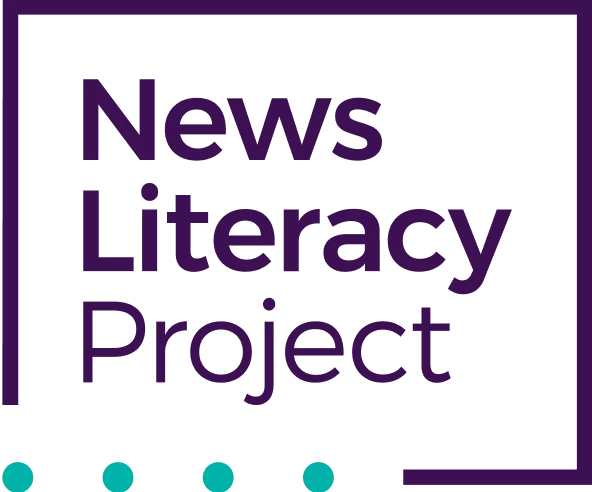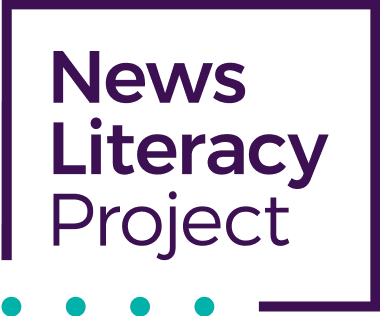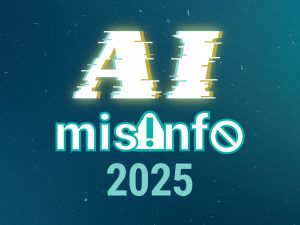An urgent warning about the harm misinformation can cause
Earlier this month, Peter Adams, NLP’s senior vice president of education, gave the keynote address for our annual 2021 News Literacy Change-Maker Awards. Adams issued a strong warning about the harm misinformation can cause, and we wanted to share his important remarks with you.
“The information systems we use to search, and to filter, to like and share, are gathering and monetizing our habits and interests in increasingly alarming and pervasive ways,” Adams explained. “They learn what we like and what we believe, what’s important to us, what we value, and not only echo these things back to us, they also often reinforce, rather than challenge, our view of the world.”
There’s a cost to the free content we read and share, he noted. “Every day, legions of trolls, opportunists, extremists and ideologues use these same systems and platforms to organize and to do harm. These bad actors target the same values and beliefs and biases that drive our online habits. They exploit our devotion to justice for outrage clicks. They convert our love for our families into skepticism about vaccines. They use our patriotism or our desire for self-determination to manufacture doubt and distrust in our institutions … and in one another. They pollute our information streams, derail our discourse and lead us down dangerous rabbit holes. In doing so, they don’t just diminish our individual civic power, they diminish our collective civic integrity. They exacerbate injustice, endanger marginalized people, deceive us into taking civic actions that are divisive and inauthentic — that are based on lies — and they threaten the viability of our democracy.”
But, Adams said, we can combat falsehoods and misinformation. “The good news is that there is strong evidence that high-quality news, media and information literacy education makes us much less vulnerable to mis- and disinformation. Keeping our emotions in check, thinking critically about claims and evidence, being mindful of sources and standards … and doing some simple checking when something seems questionable … these things usually work to prevent us from being duped into adopting beliefs that are false — and from having our civic agency hijacked and redirected.”
Watch his complete remarks and consider supporting NLP.
Related Stories:
- Celebrating News Literacy Change-Makers
- NLP honors 2021 News Literacy Change-Makers
- NLP’s Journalist of the Year has witnessed harm misinformation can inflict
- News literacy skills help student better understand hard of bias, misinformation
- Student gains knowledge, confidence to help stop misinformation’s spread
- Meet our impressive student of the year finalists





